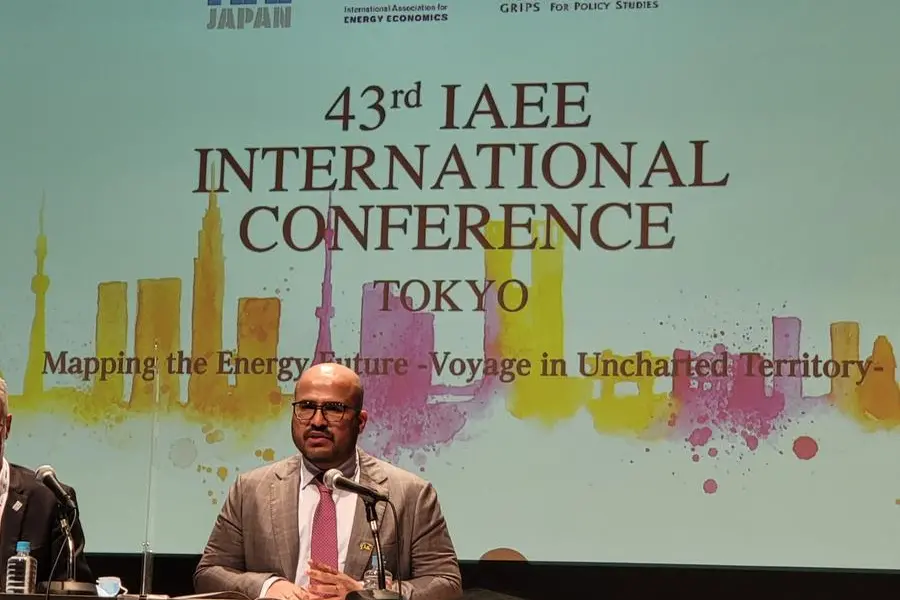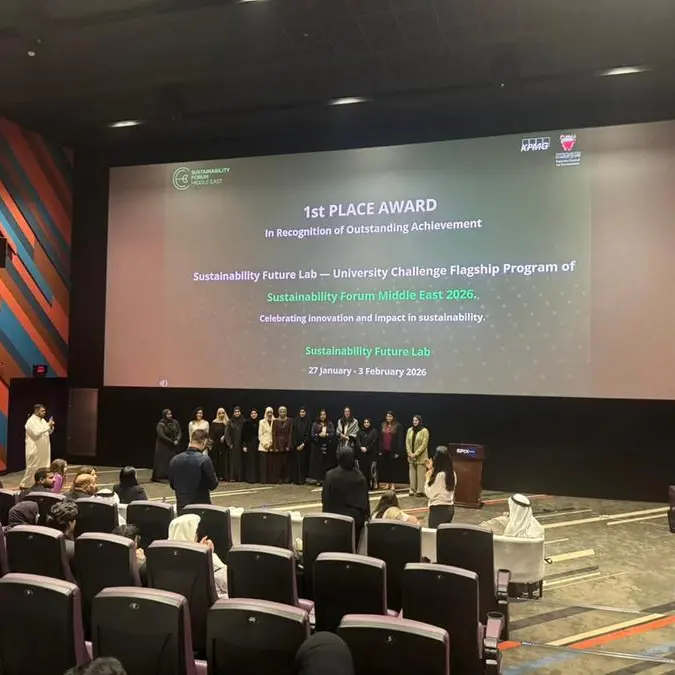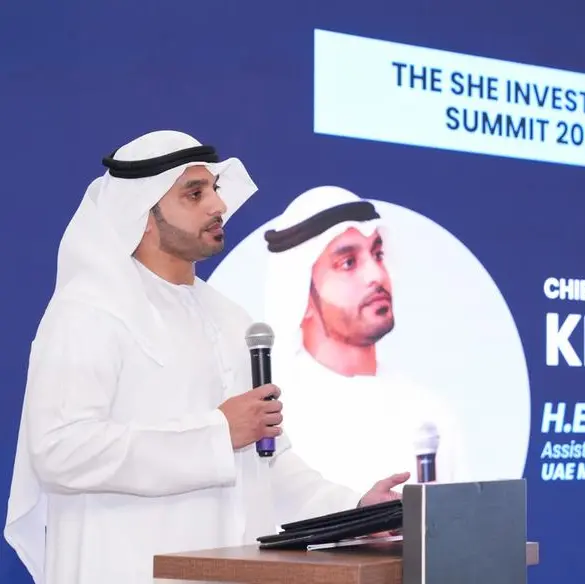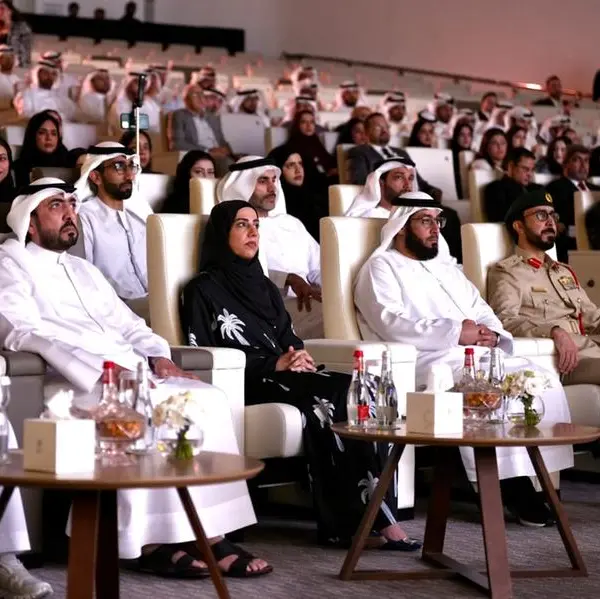PHOTO
"The energy challenges we face today are unprecedented. It's critical that energy policies and the advice we provide policymakers reflect the complexity of global energy markets."- KAPSARC President Fahad Alajlan.
Tokyo: A delegation from Saudi Arabia’s leading advisory energy economics and sustainability think tank, the King Abdullah Petroleum Studies and Research Center (KAPSARC), participated in three key plenary and 11 concurrent sessions at Tokyo’s 43rd International Association for Energy Economics (IAEE) conference. Titled “Mapping the Energy Future, Voyage in Uncharted Territory,” the conference ran from July 31 to August 4, 2022, and attracted over 600 attendees.
Against the backdrop of worldwide blackouts and scorching heatwaves, KAPSARC's subject matter experts shared their insights on current global energy and environmental concerns, disseminating actionable solutions to help shape future energy policies and encourage climate action.
Tatsuya Terazawa, Chairman and CEO of Japanese think tank the Institute of Energy Economics, Japan (IEEJ), and host of the conference, opened the conference with welcoming remarks:
"We need to face the energy challenges to better cope with high energy prices and enhance energy security while at the same time realize our long-term goals of carbon neutrality and develop the necessary supply chains for energy sustainability."
KAPSARC’s talks and presentations included the future role of fossil fuels, decarbonization risks and opportunities, renewables, energy economics, electricity markets, transportation and oil market stabilization.
During the plenary session “Climate Change and Decarbonization Challenges: Risks and Opportunities,” KAPSARC Research Fellow Dr. Noura Mansouri asserted that, "Today, we have the opportunity of decarbonization represented in the Circular Carbon Economy, which is a new framework that values all options and encourages all efforts to reduce carbon accumulation in the atmosphere."
KAPSARC oil and gas market expert, Hamid Al Sadoon, explained that more investment in the hydrocarbon industry is needed to bridge the potential future gap between energy supply and demand:
"In all likelihood, hydrocarbons are here to stay. Simply because the developing world not only represents a large chunk of the demand, but they also need hydrocarbons to raise the standards of living of their citizens and develop their economies that entails using more fossil fuels to reach parity with advanced nations."
KAPSARC President Fahad Alajlan spoke at the closing plenary, which concluded the three-day-long event:
"The contrast between the discussions we had over the past few days and the discussions we had during COP 26 is stark. COP 26 discussions had a prescriptive view on what we all need to do to achieve net zero by 2050 without taking into consideration the more complex nature of nations worldwide. Over the past few days, we have together adopted a more nuanced approach towards collective climate solutions that are holistic and inclusive."
Further, Alajlan invited all participants to attend the 44th Annual International IAEE event in Riyadh, which is being organized by KAPSARC and the Saudi Association for Energy Economics. The event will be held on 4-8 February and will be the first time for the IAEE to host its annual conference in the Middle East. KAPSARC has waived the conference registration fees for all attendees.
More than 600 in-person and virtual energy experts joined the conference themed ‘Mapping the Energy Future, Voyage in Uncharted Territory’, hosted by the National Graduate Institute for Policy Studies and the IEEJ.
After the conference, KAPSARC and the IEEJ signed a memorandum of understanding (MoU) to cement their long-standing partnership. The MoU will expand their areas of cooperation to advance research into energy economics and inform global policies.




















